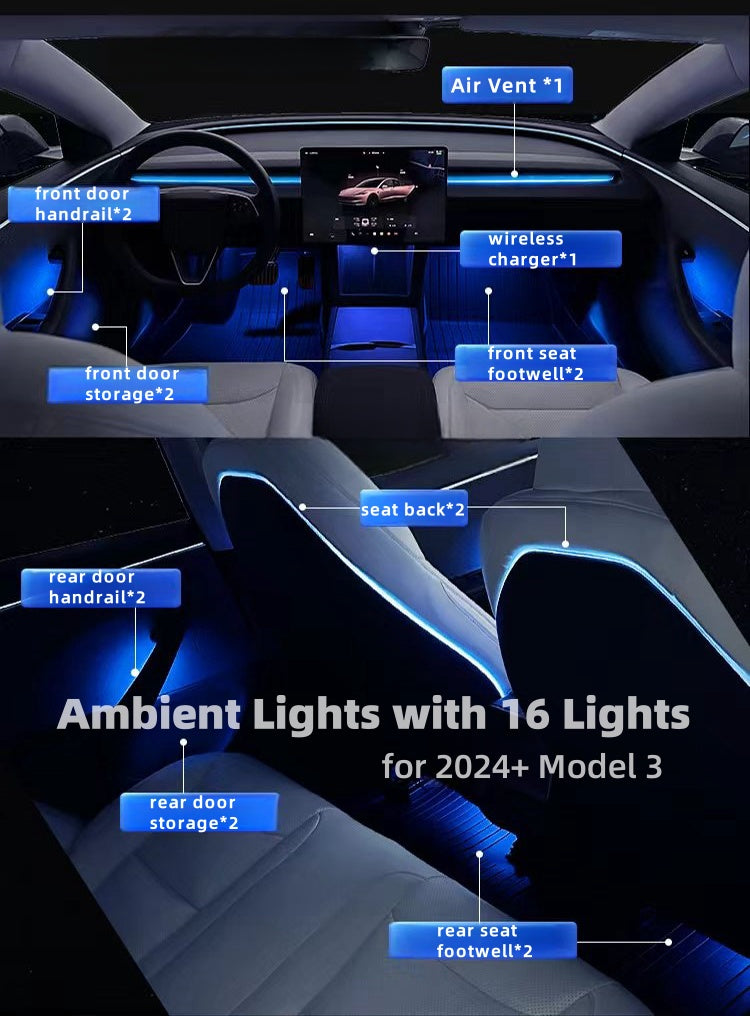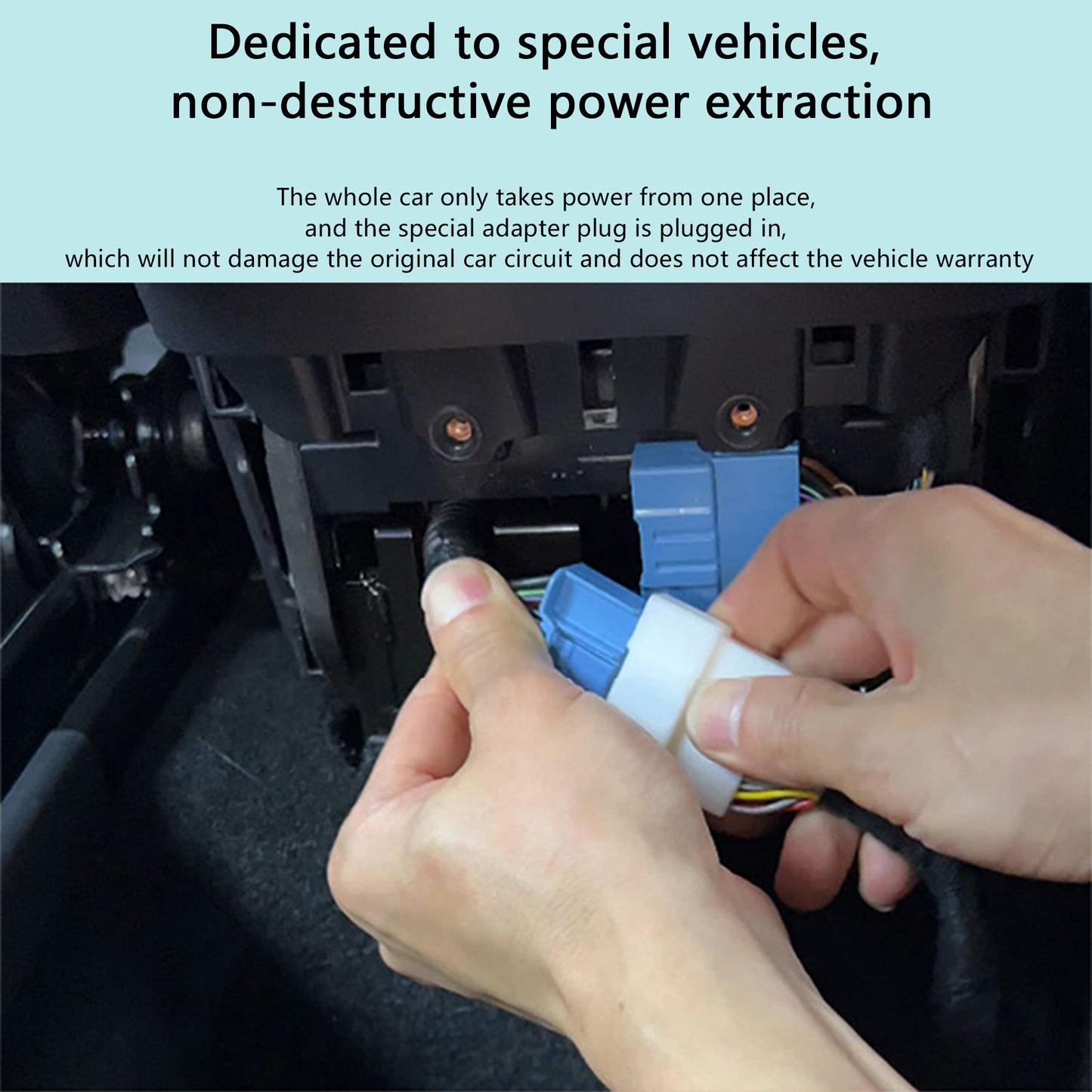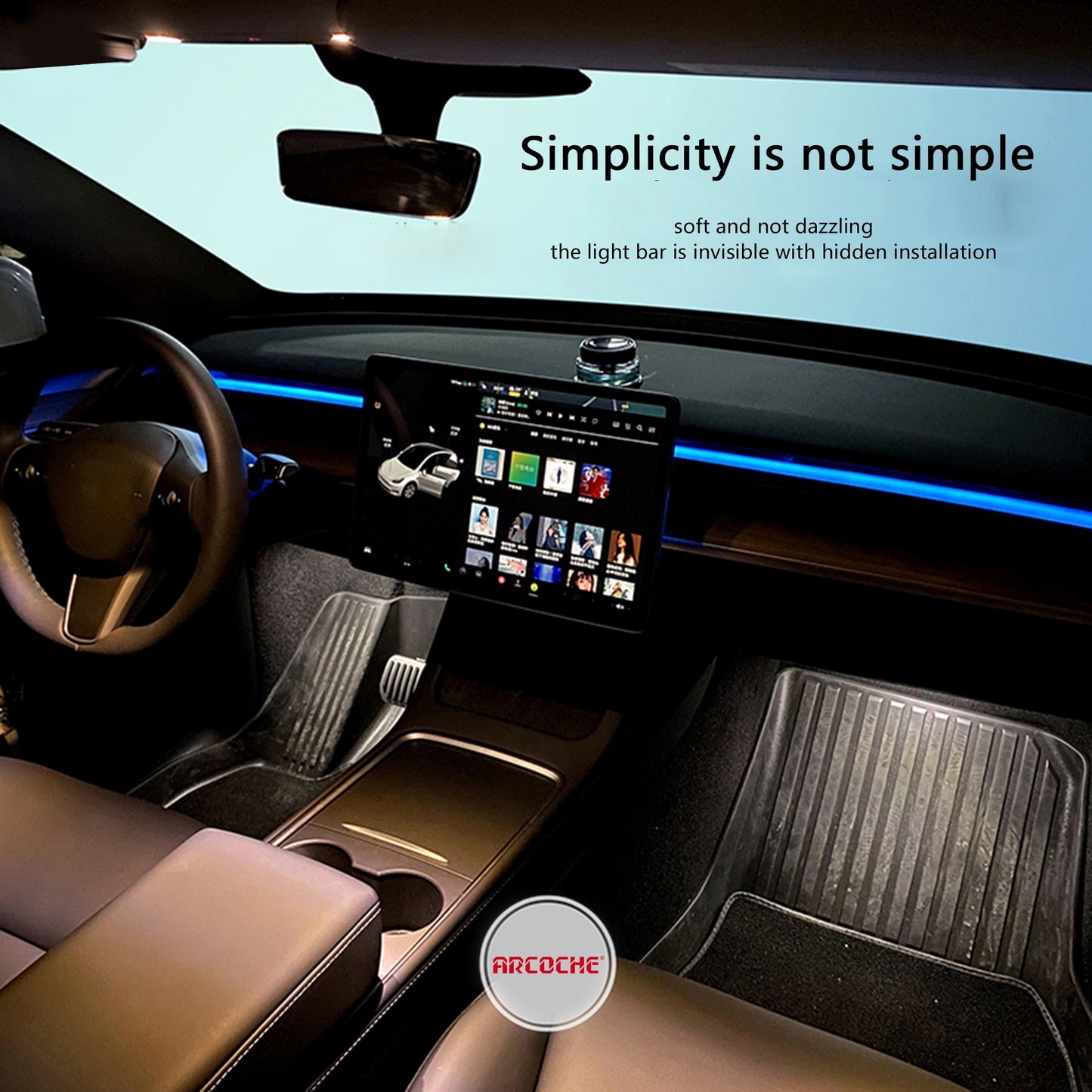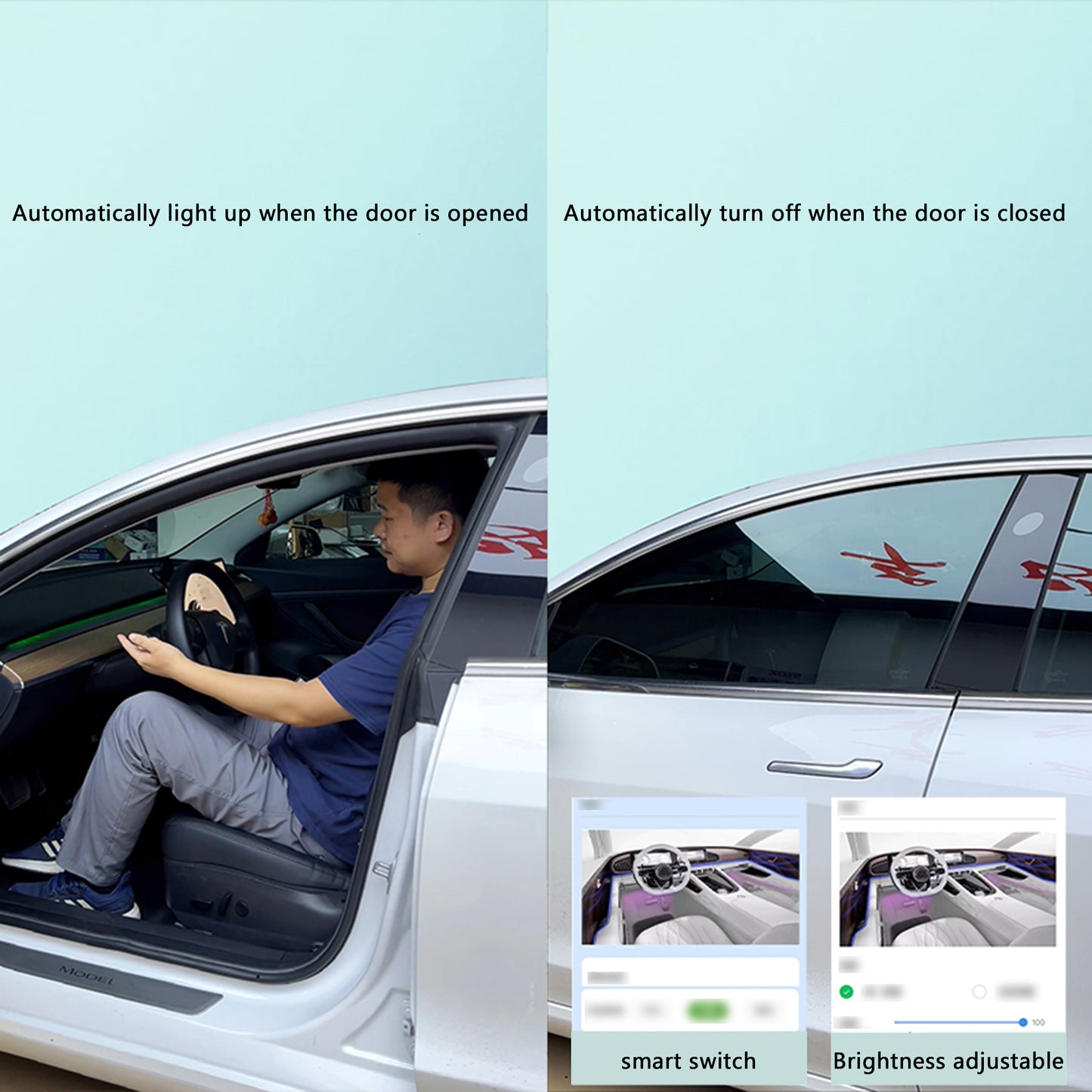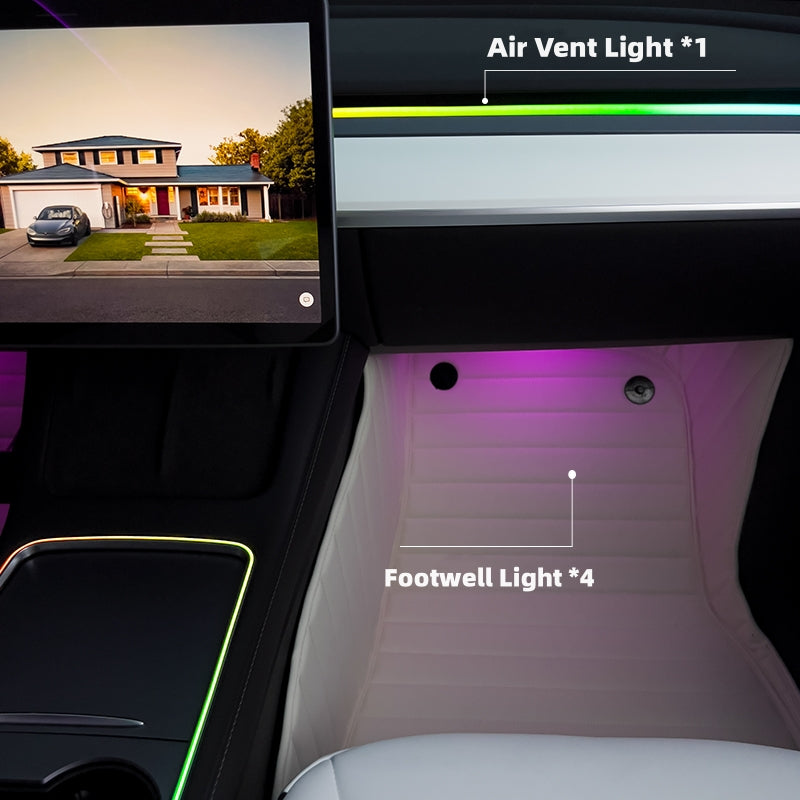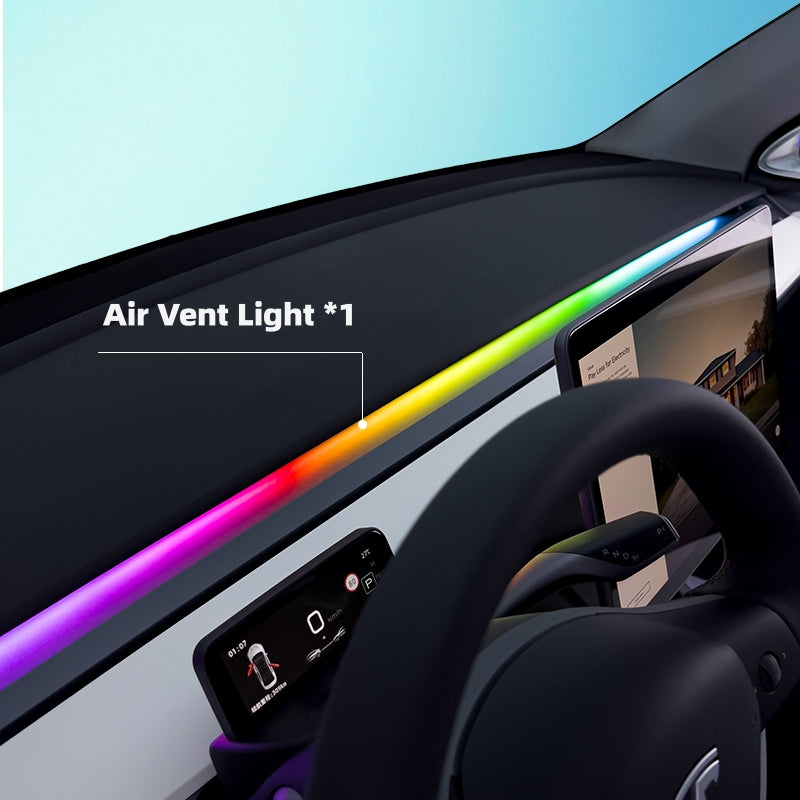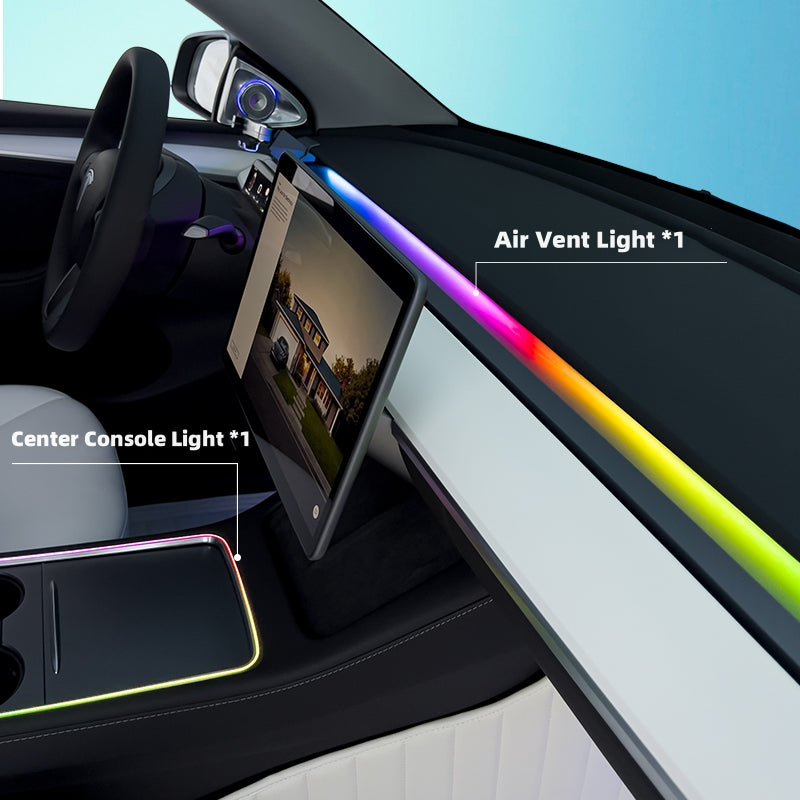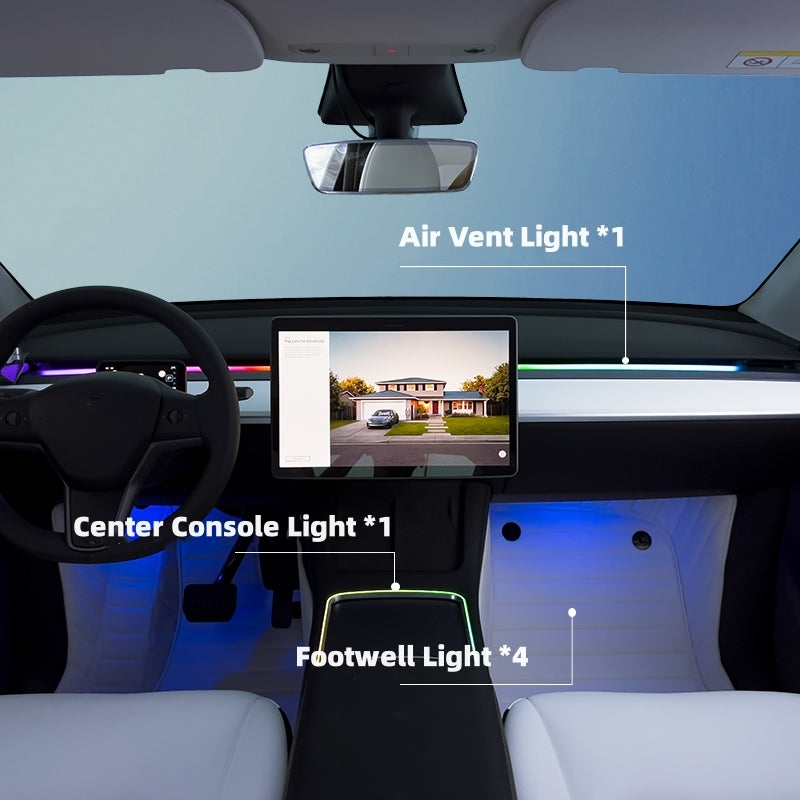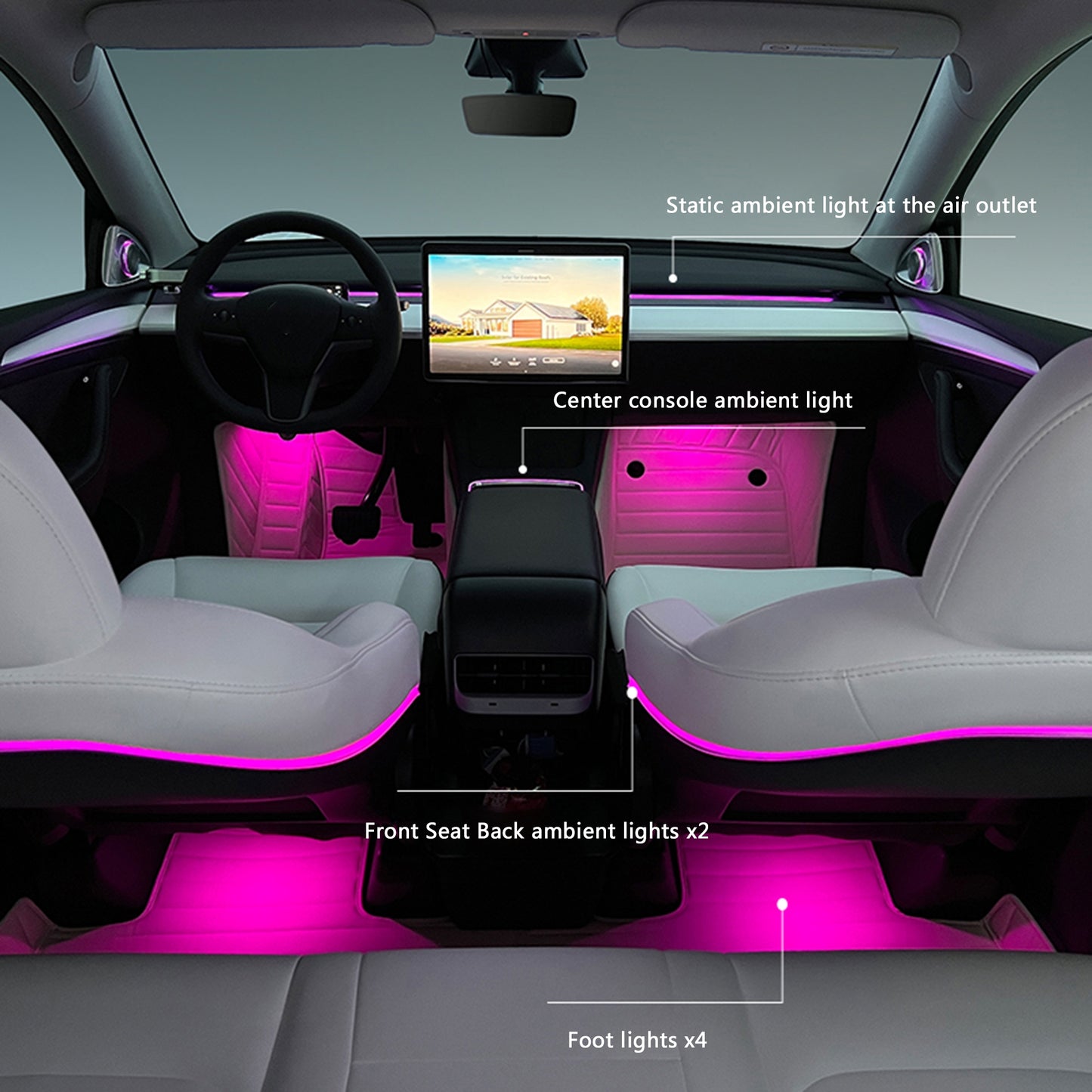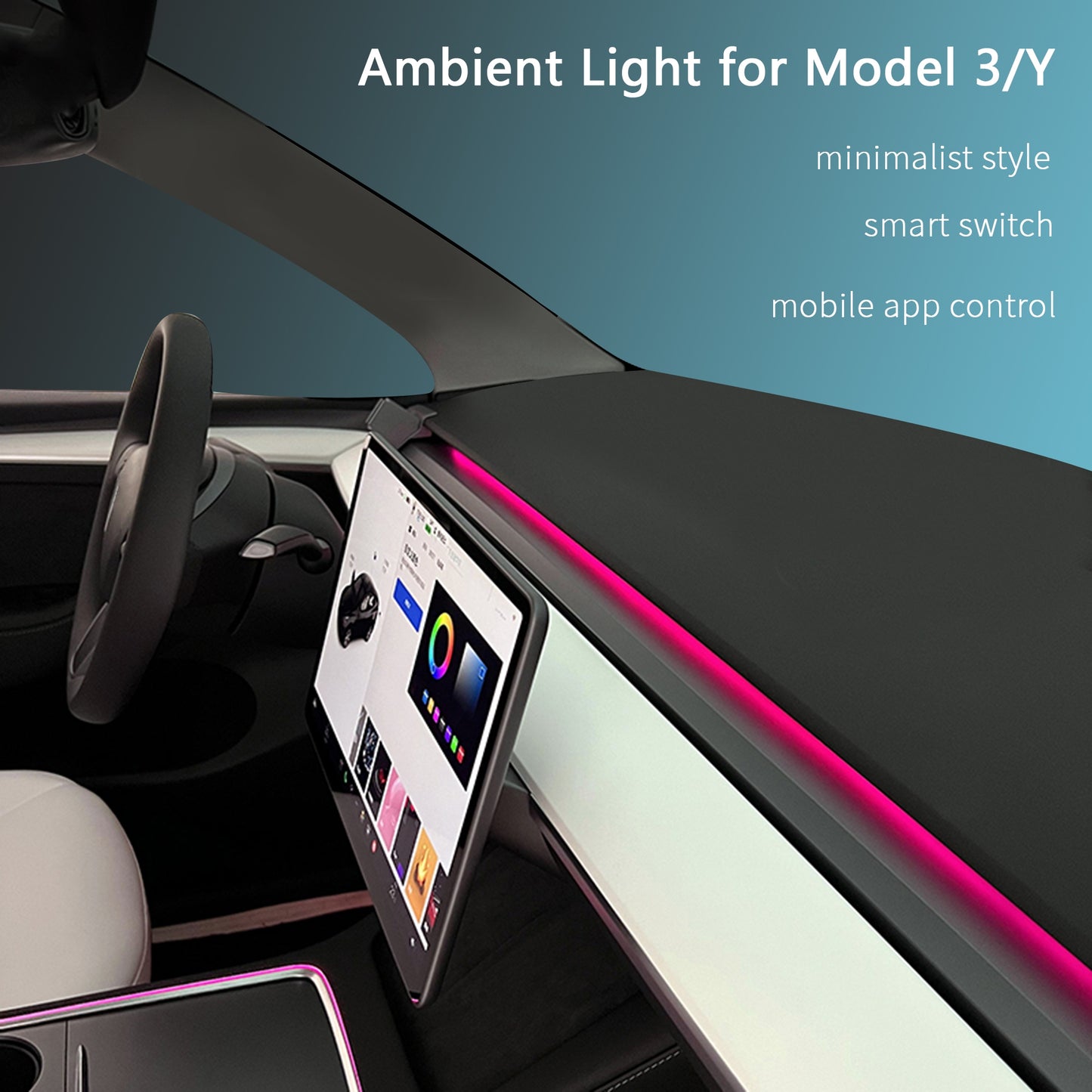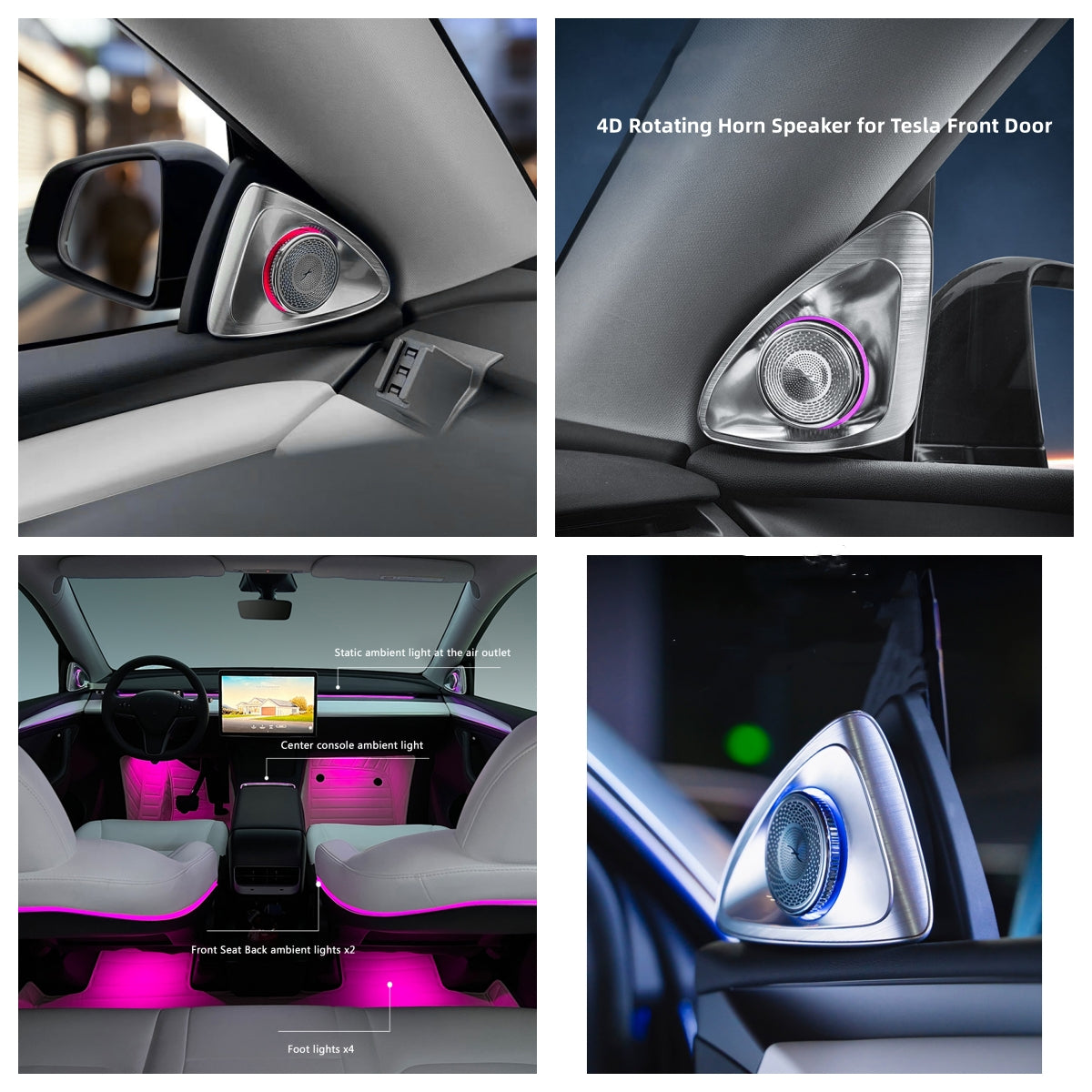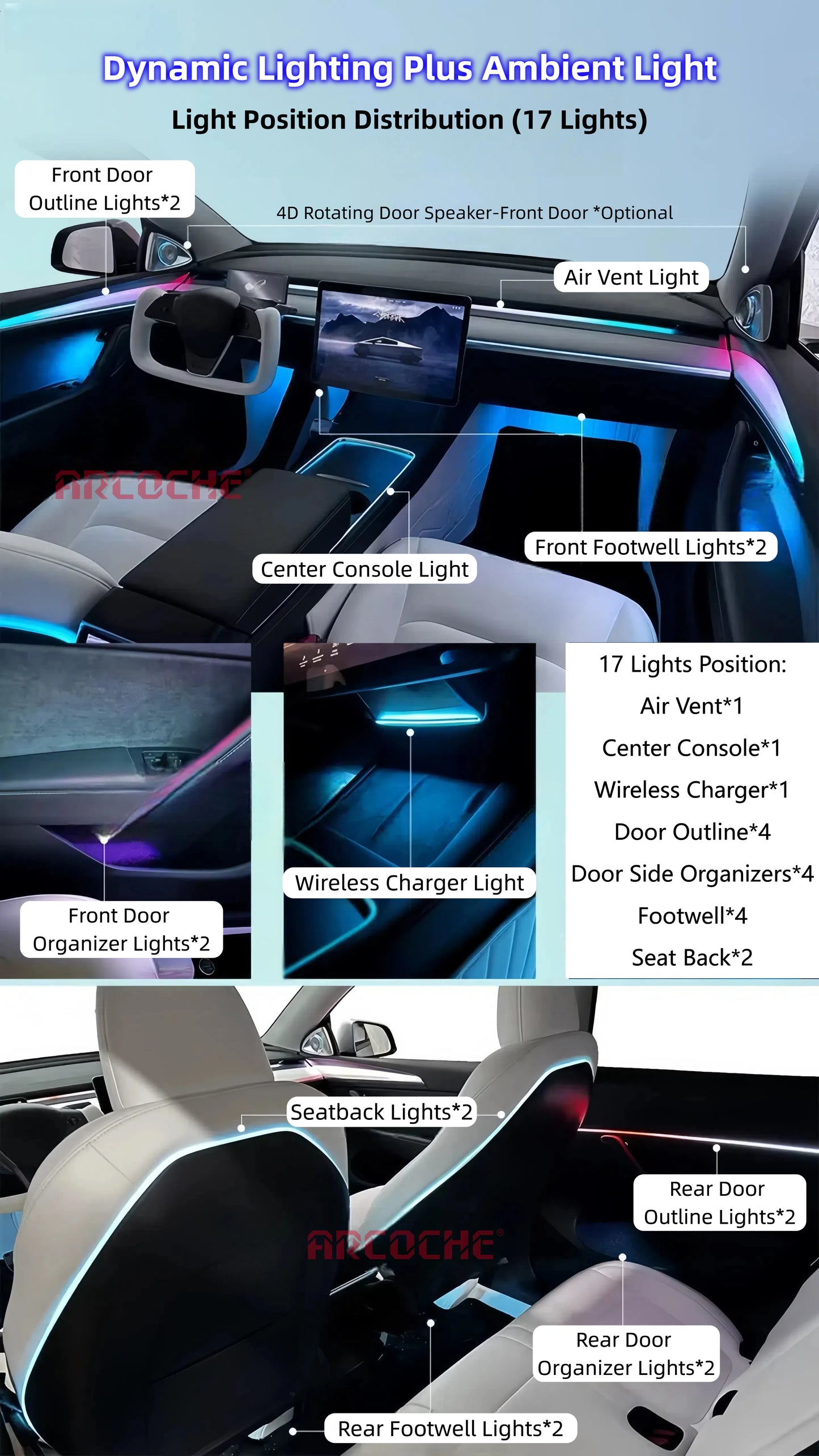
EV Revolution: What's Stirring Up Concerns Among Traditional Automakers?
With new model launches, price cuts, and generous tax credits, one might expect electric vehicle (EV) sales to surge. However, traditional automakers are now showing signs of reticence after fervent investments in battery gigafactories and enthusiastic announcements of new EV models. Ford is postponing billions of dollars in battery plant investments, GM is revising its target of 400,000 EVs by mid-2024, and even Tesla is patiently awaiting the Cybertruck's sales momentum.
What has triggered this swift change in perspective? Is this shift in attitude a reflection of consumer confidence or a response to complex economic forecasts?
According to the IEA, "Thanks largely to the Inflation Reduction Act in the United States, we now project that 50% of new US car registrations will be electric in 2030." This represents a substantial increase, given that battery-powered cars currently account for just 7.4% of the overall US auto market.
In California, one in every five cars sold runs on battery power, according to data released by the California New Car Dealers Association. The state has been at the forefront of the zero-emissions movement, with Governor Gavin Newsom pledging to phase out sales of new gasoline-powered cars by 2035 as part of the state's efforts against climate pollution.
While these developments are encouraging, what is prompting the hesitancy among legacy automakers?
A June 2023 Cox Automotive survey revealed a growing favorable sentiment towards EVs. At that time, 53% of consumers believed that EVs would eventually replace traditional internal combustion engine (ICE) vehicles, but dealers were more reserved, with only 31% envisioning an all-EV future. In fact, 45% of dealers felt that EVs still needed to prove themselves in the automotive market.
Just a month later, Cox Automotive projected that automakers would unveil 150 new EVs by 2026. However, signs suggested that these ambitions were becoming entangled in diminishing consumer demand and an intensely competitive pricing landscape – an effect partly catalyzed by Tesla to boost sales figures.
Meanwhile, the US Senate grappled with a bill introduced by Senators Ted Cruz (R-TX) and Cynthia Lummis (R-WY) aimed at stripping the salary of a Biden administration official overseeing federal fuel efficiency regulations. The bill was ultimately rejected by the Senate, as reported by Fox News.
Here at CleanTechnica, we understand that EVs have significantly lower lifetime emissions compared to conventional ICE cars, even when factoring in critical mineral mining, EV manufacturing, and charging electricity. Many of us were early adopters, eagerly anticipating the transition of our family and friends to the world of battery-powered transportation.
Suddenly, however, EV sales seemed to hit a roadblock. Both Tesla and traditional automakers announced temporary pauses in their battery electric vehicle investments, citing high interest rates and prices as limiting factors in demand. And this trend isn't confined to the US – Volkswagen, for example, had been exploring potential locations for a battery gigafactory in Central Europe, but Chair Oliver Blume recently announced that a decision will be deferred for now.
Are Legacy Automakers Missing Out on Opportunities for Disruption?
The recent ARK Disrupt newsletter highlighted a significant shift in the plans of established automakers towards electric vehicle (EV) expansion. With both Ford and GM announcing delays in their EV initiatives during their respective earnings calls, Sam Korus raised the question, "Are they implying that EVs are not yet ready for the mainstream?"
For the longest time, it seemed logical that traditional automakers, armed with decades of experience and extensive infrastructure, would not only excel in the battery electric vehicle market but also ultimately dominate it. This assumption, however, has proven to be incorrect. Korus suggests that "their failure, by a circular inference, implies that the timing might not be right for EVs."
If timing is indeed crucial and EVs are deemed to be out of sync with the current cultural and economic landscape, Korus wonders why "forward-thinking companies like BYD and Tesla are successfully ramping up production of affordable EVs, challenging established assumptions, and leading the way?"
Established in 1995, BYD Auto has developed key technologies in the new energy vehicle (NEV) industry chain, encompassing batteries, electric motors, and electronic controllers. It's worth noting that, being a state-owned enterprise, BYD's worker compensation practices have been subject to scrutiny over the years.
Tesla, on the other hand, has dedicated well over a decade to researching, developing, and manufacturing battery electric vehicles. Along the way, the company faced numerous setbacks and learned valuable lessons from its mistakes. Today, Tesla boasts an extensive charging network and operates six colossal gigafactories situated in Fremont, California; Sparks, Nevada; Berlin, Germany; Shanghai, China; Austin, Texas; and Buffalo, New York.
Korus underscores the fact that "specialized EV companies appear to be disrupting the established automakers." Instead of embracing this disruption, legacy automakers are postponing their plans for substantial investments in EVs. These decisions "may further compound the challenges that traditional automakers are grappling with in shaping their future," warns Korus.
Dealers’ Reluctance is Partially to Blame for Slow EV Sales
Back when I taught 8th grade, my students always enjoyed it when I brought out children's books that explored the same theme as the new novel I was introducing. You see, it's much easier to work with something that is familiar and doesn't disrupt the comfortable flow of knowledge.
This is akin to what's happening with dealerships, sales teams, and EV sales. Since dealers aren't giving much emphasis to EV sales and aren't providing proper training to their sales staff about the ins and outs of owning an EV, consumers aren't benefiting from personalized knowledge that would help them feel at ease with making the purchase.
As a result, the inventory of new EVs has doubled since last year to 88 days; in contrast, the average inventory of internal combustion engine (ICE) vehicles is 59 days.
"There's concern about public charging infrastructure, even though most of the charging you'll be doing will be at home," said Jeff Aiosa, owner of Mercedes-Benz of New London, CT, in an interview with CNBC. "There's still worry about those long trips."
And what about the substantial number of US car dealerships that refuse to carry EVs, or educate their customers about them, or train their sales staff on how to address questions about them? For many dealers, EVs are still seen as a niche market. This is adversely impacting EV sales at a time when the shift to electrified transportation was gaining momentum. It's not fair to solely attribute the sluggish EV sales to charging infrastructure.
As my colleague Jennifer Sensiba pointed out, dealers are "sending customers off in an EV with just enough information to get themselves into trouble. If they don't know the different charging levels, don't know how to locate stations, and don't realize that the car won't achieve the EPA-rated range at 85 MPH on the highway, their first road trip will be a real learning experience, and not the pleasant kind."
Dealerships are certainly just one piece of the puzzle in the stagnated EV market. Nevertheless, grassroots enthusiasm plays a crucial role in driving sustainable trends.
Ensuring that the charging experience is user-friendly is also vital in attracting more EV buyers, and the expansion of EV charging networks and stations is another factor that legacy automakers should take into account. As Simon Ouellette, the CEO of ChargeHub, aptly puts it, "One of the most important expectations of EV drivers is that charging should be as simple as filling a gas tank," making it imperative to offer a seamless and streamlined charging experience for the entire EV ecosystem.
“Having multiple accounts to charge on different networks will become a major challenge soon, hence the importance of accelerating EV roaming to offer the vision that EV drivers should be able to charge anywhere using their preferred method of payment and activation (favorite eMobility application, RFID card, car’s infotainment system, credit card, etc.) to charge seamlessly.” – Simon Ouellette
--------This article is partly excerpted from CNBC.



